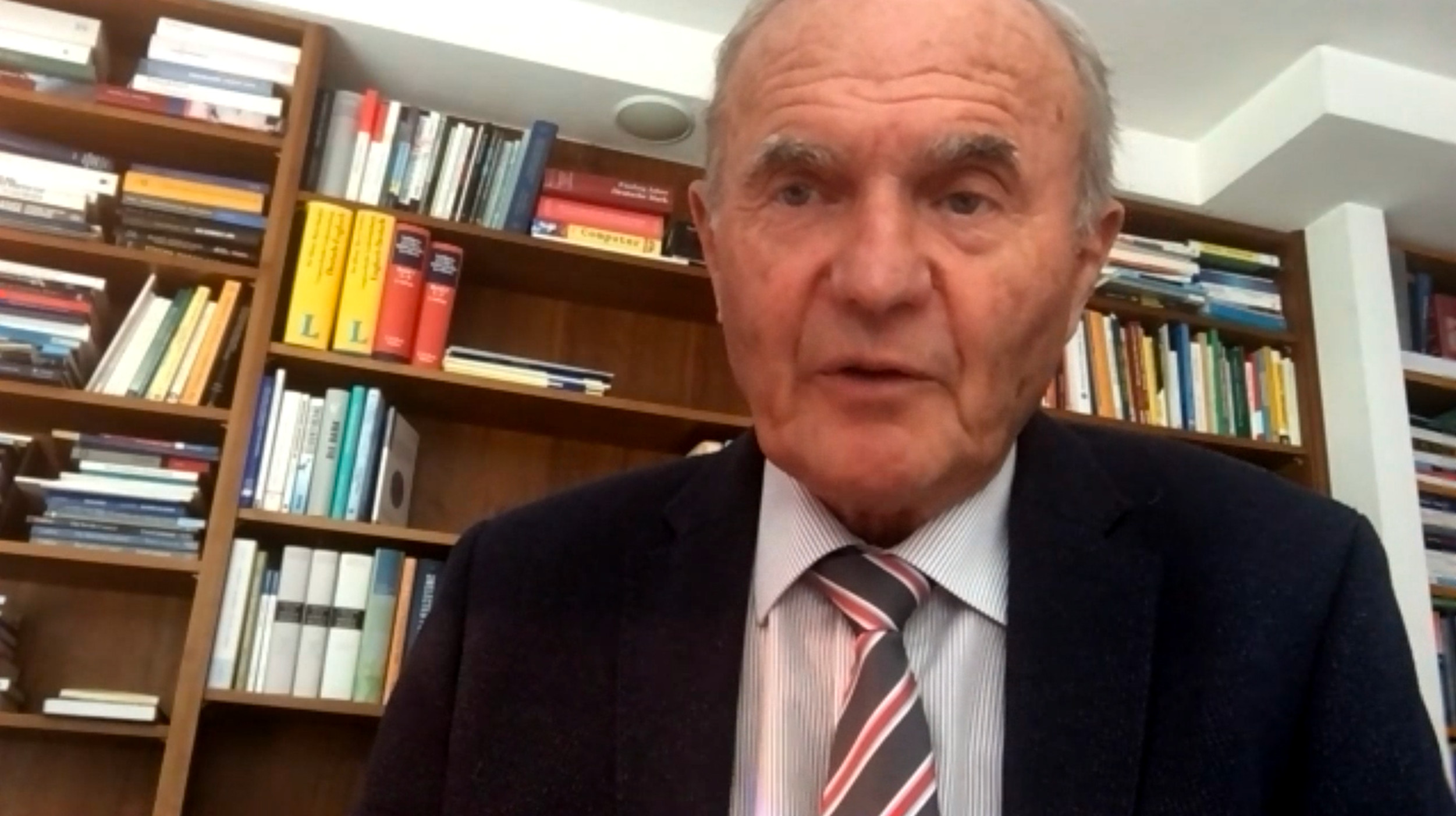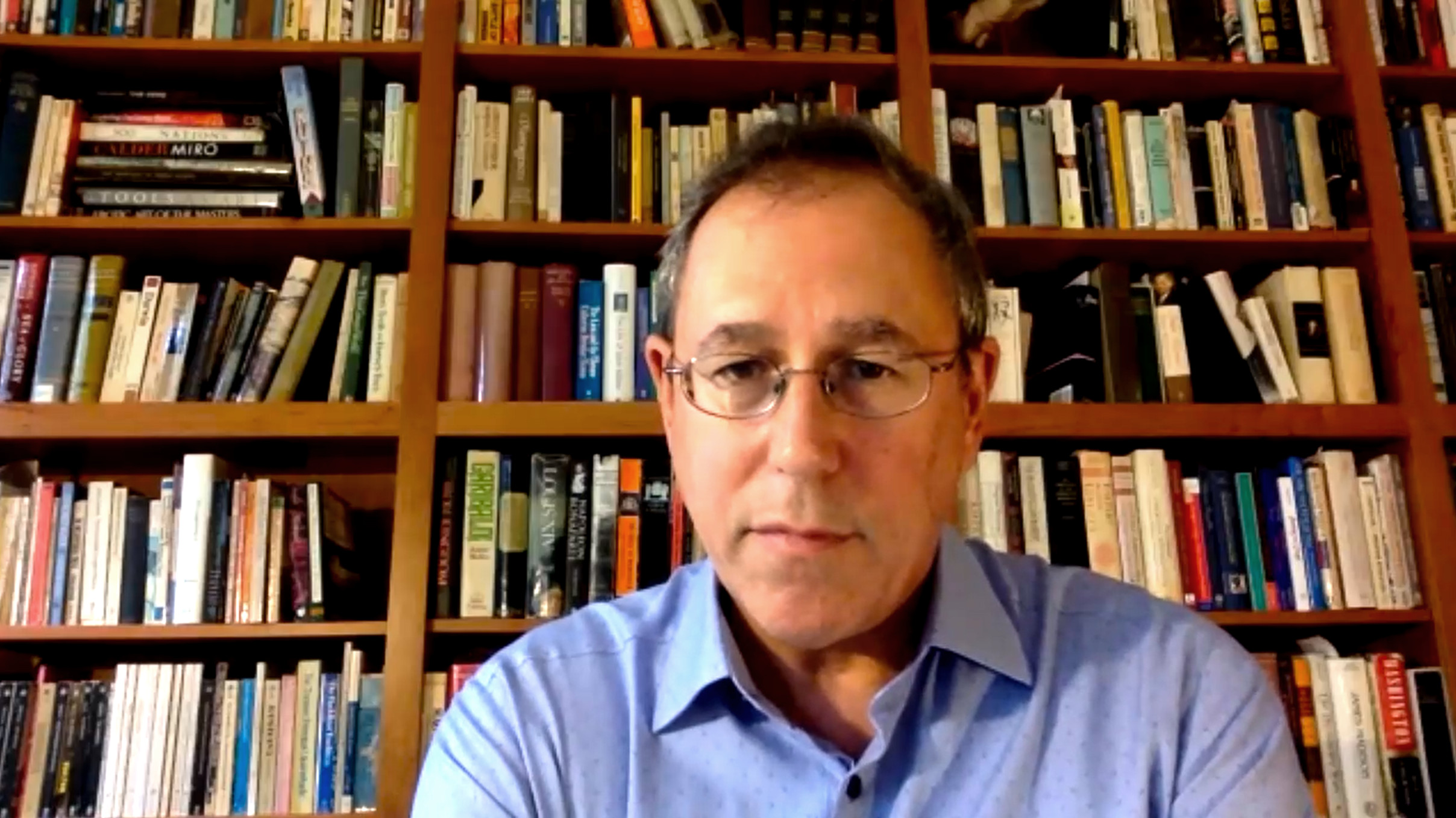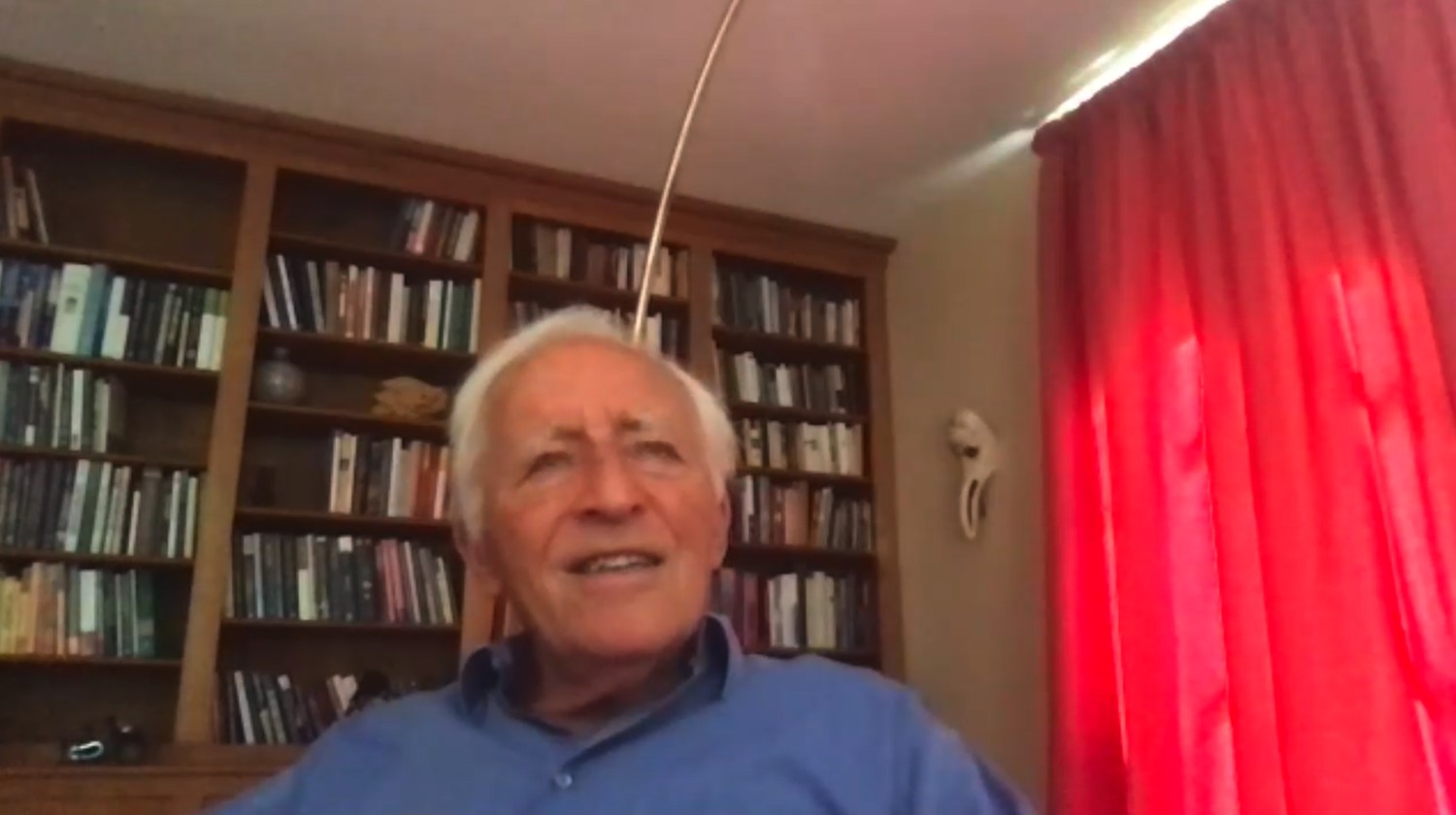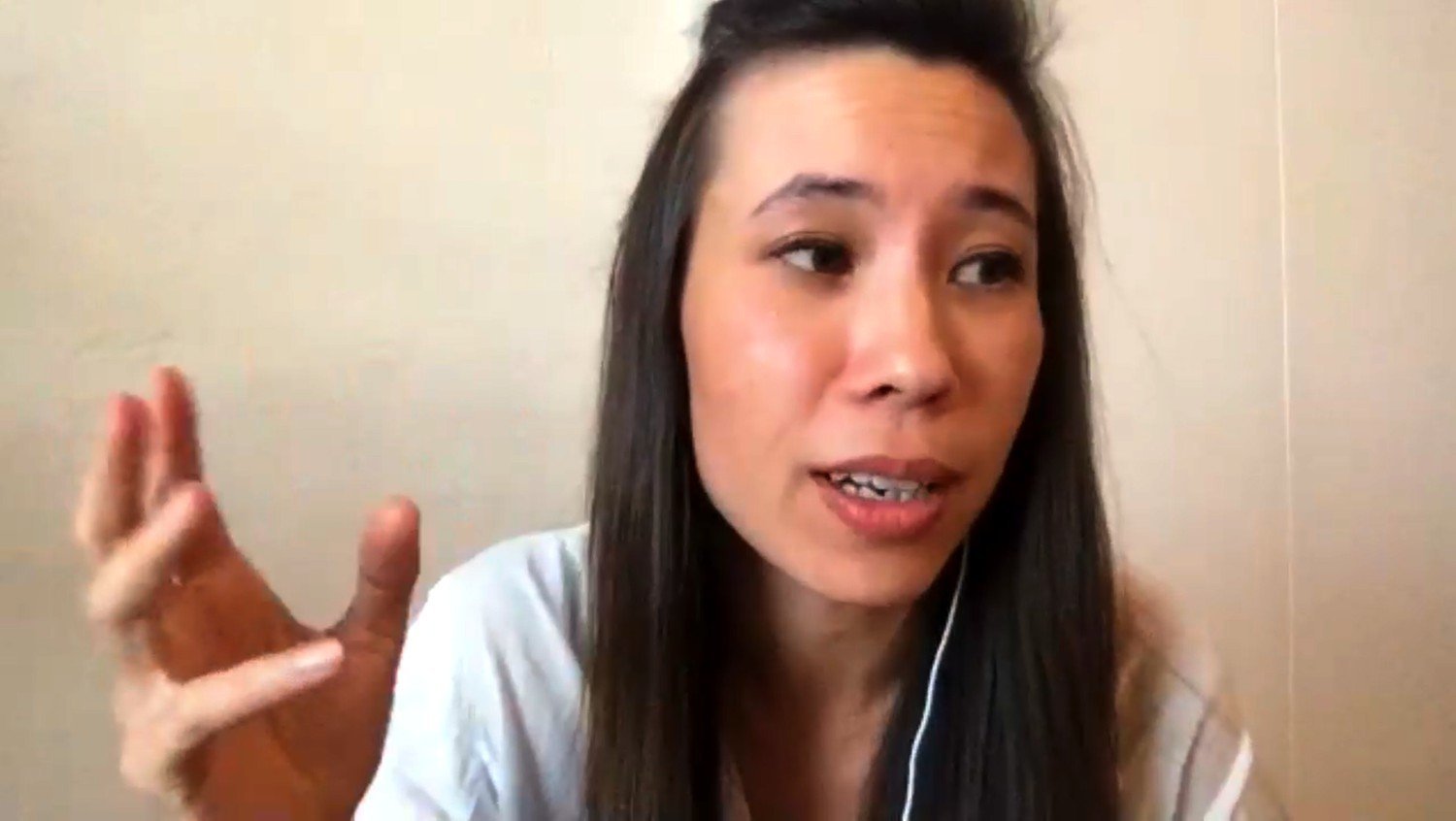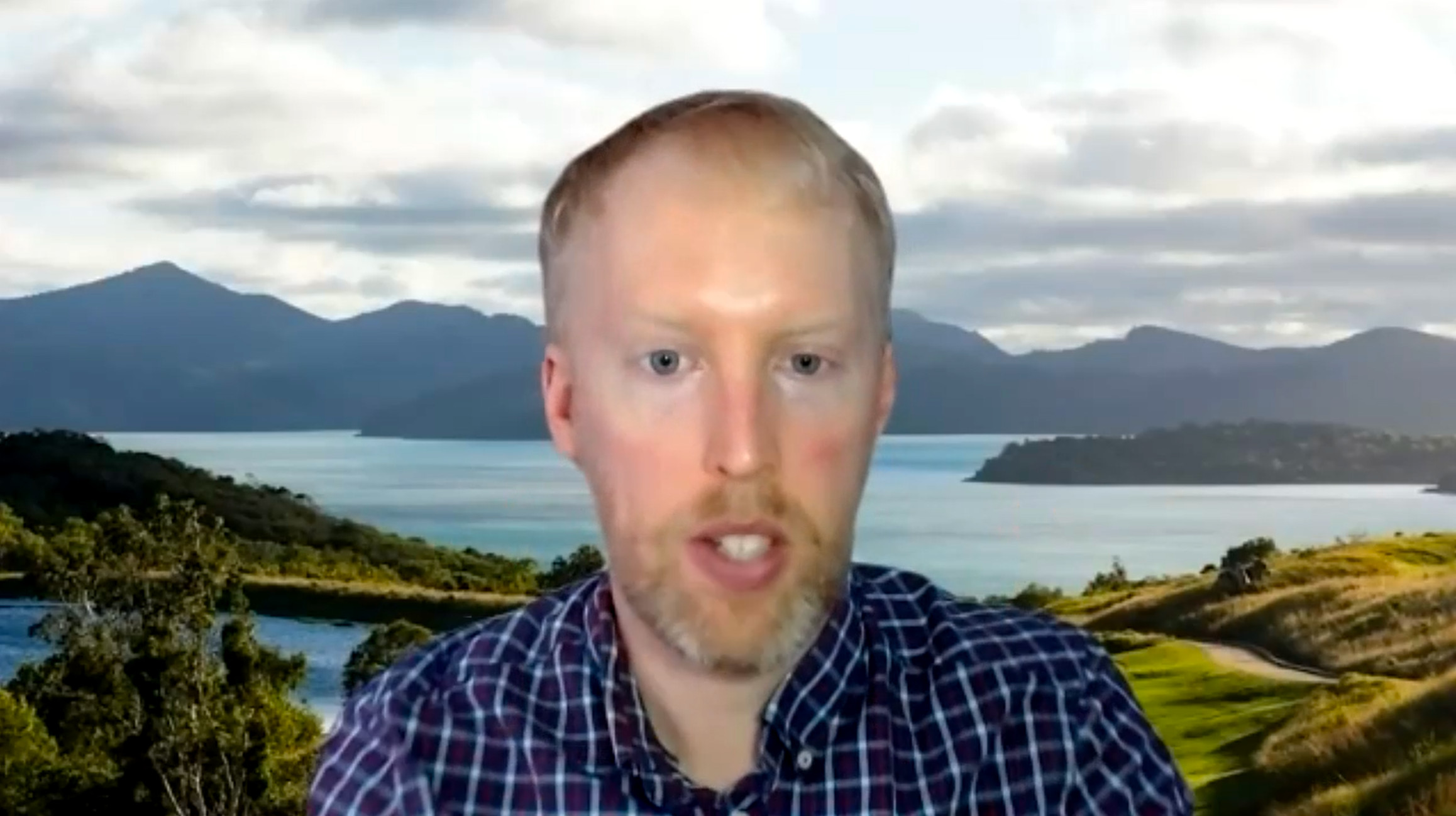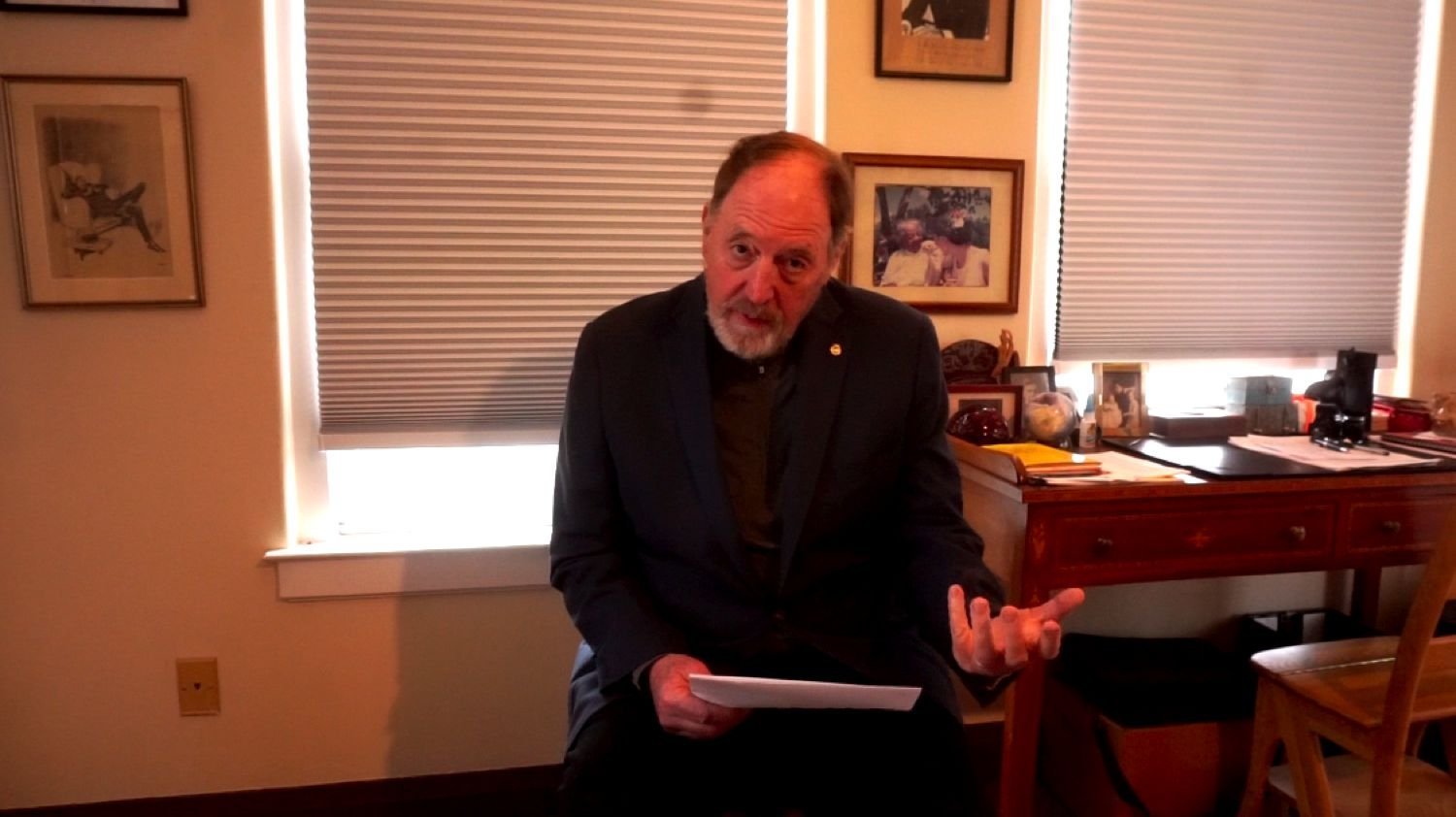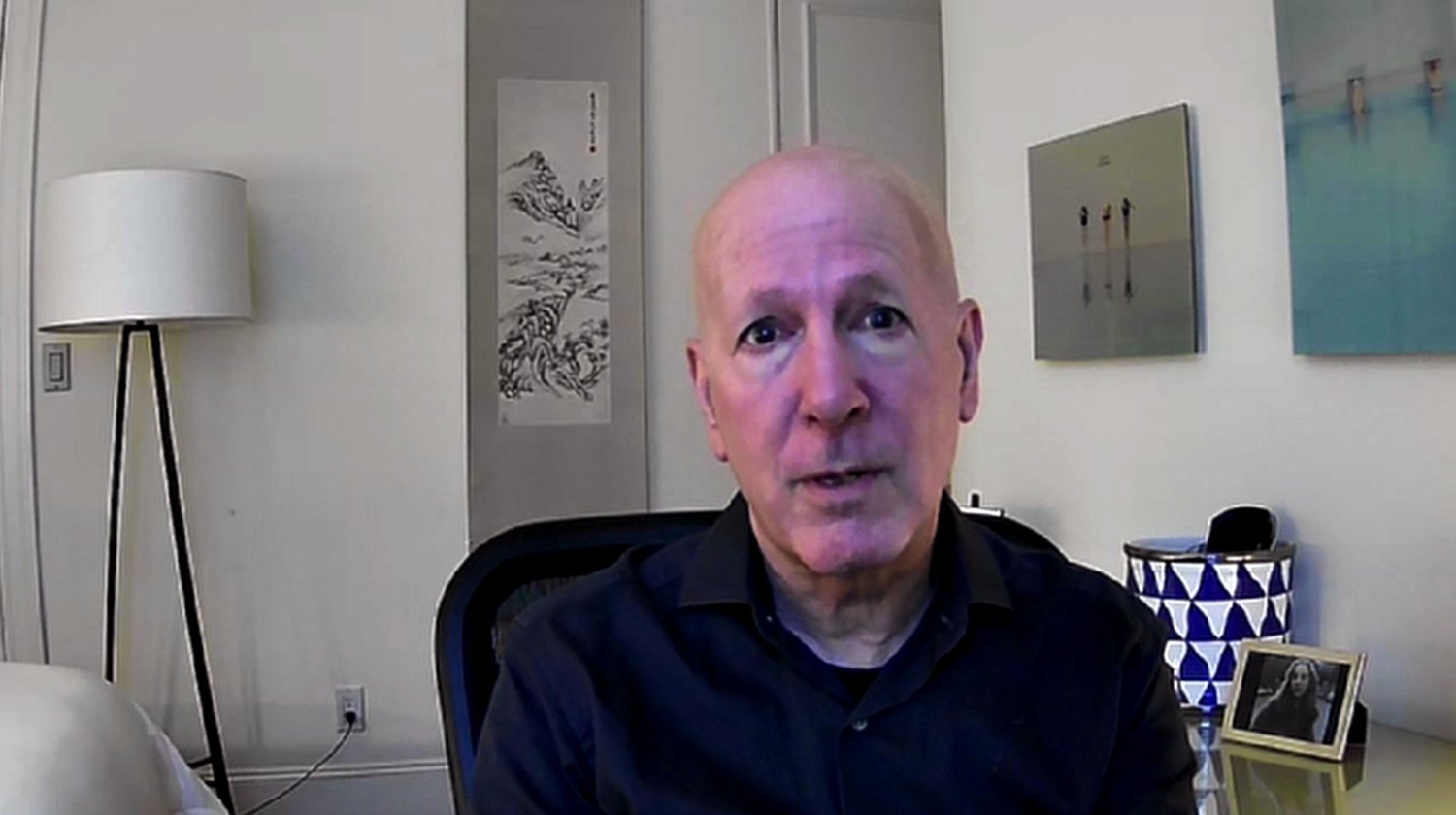Otmar Issing
German. Former Chief Economist of Deutsche Bundesbank and the European Central Bank
1. Why does economics matter?
Economics matters because economic issues are a prominent aspect of the lives of individuals and whole societies. Most of our time during the working life, we are in the office or at the working place, so society’s economic welfare is a fundamental element. May I refer to the experience in Germany: in 1923, hyperinflation destroyed the civil society, and a few years later, mass unemployment opened the door for Hitler to come into power. We know the consequences: World War 2 and a horrible number of deaths.
And Germany serves also as another example for good policies, because after the Second World War, under the leadership of duty of Ludwig Erhard, the famed economics minister, he removed most of the regulations on prices. The currency reform happened in 1948, and these two reforms opened the way for the recovery of Germany from the ruins of World War Two to a prospering society. Millions of refugees were provided with jobs, and not least this economic success stabilised the young democracy.
An economic historian, a friend of mine, he asked the question, “could democracy in Western Germany after the Second World War have succeeded if it had not this economic basis?” So, there’s also the political dimension of this success. And now I’ll start with Germany as referring to East Germany. We had an experiment, which is seldom in economics because we cannot run experiments. However, after the Second World War, an experiment started in Germany because in the West, under the guidance of the allies, Germany could prosper and what was called an economic miracle emerged as a result of good policies. And, the result of bad policies you could observe in the GDR. Socialist planning suppressed all personal initiative, and led to capital misallocation, etc. The system did not work and it collapsed finally in 1989. Consequently, in Germany, the same people, the same climate – economists very often search for differences in climate, etc., in genes or so – the same population, were exposed to two economic policy experiments and the result is very clear. I think the world is full of these types of experiments, good ones and bad ones.
2. What are the differences between economic science (academic economics) and economic engineering (policymaking)?
I have no sympathy whatever for the term engineering. Engineering is for me a category of physics, chemistry, etc., and beyond, and their natural laws dominate experiments. Nothing like this happens in economics. The behaviour of people matters; people and society react to shocks, and the outcome is very often not easily predicted.
And I dislike this term engineering above all because it gives the impression that you can steer the economy like steering a machine, pulling a trigger here and there and then you have the result. I think what we called – it’s out of fashion – “Hydraulic Keynesianism”, is an example of this thinking in terms of engineering. There was a proxy economic policy idea developed by a Keynesian which showed if you took hydraulic machinery and you filled additional water, then it (the water) was distributed according to constant parameters, and finally prices go up or down, or whatever you did (depending on the experiment). I think it would be very misleading – it would be misguided policy – to rely on this notion of engineering for economics; to rely on a notion of a mechanical reaction of the economy. Economics is much closer to biology, to psychology, but we need a theoretical basis for guiding economic policy, giving advice to politicians.
If I may, can I make a quote of John Maynard Keynes? Because when I talk about these things, this very often comes to my mind. It’s from the General Theory, toward the end. “The ideas of economists and political philosophers, both when they are right and when they are wrong, are more powerful than is commonly understood. Indeed, the world is ruled by little else. Practical men who believe themselves to be quite exempt from any intellectual influences are usually the slaves of some defunct economist. Madmen in authority who hear voices in the air are distilling their frenzy from some academic scribbler of a few years back. I’m sure that the power of vested interests is vastly exaggerated compared with the gradual encroachment of ideas.”
I think this is to my understanding: that you need sound economic policies to give advice and to apply appropriate economic policy.
3. What role does economics play in society? Does it serve the common good?
I think I’ve more or less already answered this question. But it comes to my mind, when I was still at university before joining the Deutsche Bundesbank and the European Central Bank, I had from time to time to give an introductory course in economics. And to motivate my students, I read the preface of a book by Heilbroner. I forgot the title. I think it’s about economists (Worldly Philosophers). He explains that throughout history, it’s the generals, it’s the politicians, who are the dominant figures. But he said that his main heroes, the real heroes, were the economists. It’s Adam Smith, it’s Karl Marx, it’s John Maynard Keynes. They had a much bigger influence on society, on history. So having read that, I said to my students, “Study carefully economics to have a good influence on our societies in the future. We have positive examples and we have negative examples.”
Is it allowed to tell a joke? It comes just suddenly to my mind. There was a military parade on the Red Square in Moscow and after many missiles, tanks, cannons, and many soldiers had passed at the end of this long line, there were five men – seemingly insignificant men – in grey coats. Brezhnev asked, what are these people here? The reply was, “Oh, they are economists. And, I tell you, they can do a lot of harm.”
4. Economics provides answers to problems related to markets, efficiency, profits, consumption and economic growth. Does economics do a good job in addressing the other issues people care about: climate change and the wider environment, the role of technology in society, issues of race and class, pandemics, etc.?
I think with the ongoing specialization, many economists have worked on detailed, complex models, presenting new forms and making small additions to an already complex story. And in this way, I think economics for a time has somewhat neglected the big issues that it should deal with. You mentioned some of them: climate change, even income distribution. Remember when Queen Elizabeth visited the London School of Economics, the occasion I think it was the 100th birthday. She asked the prominent economists waiting for her, “why didn’t you see it (the global financial crisis) coming? True, there were some financial and economic analysts who had predicted disaster, but a majority of economists were rather relaxed. And I think on the pandemic - I’m not especially familiar with this field - certainly there have been some remote economists working on that. But this was a sudden challenge, a sudden shock, and I think immediately after the shock, like for vaccines, the economists have started to deal with these factors.
And on climate change, I think we have now a whole discipline of climate economics, which presents many ideas, probably even answers on the economic side of climate change. I think what we need – and this is, I think, badly needed – is specialization, highly sophisticated models, etc. This is academic progress, for better or for worse; this is the development by which young economists qualify for chairs. However, we also need encompassing studies like those presented in that famous book The Wealth of Nations. We should go back to where economics started with Adam Smith’s The Wealth of Nations. It was encompassing. I think we need more of that. We should go back much more to the approaches of Smith and Ricardo. Economics started out as political-economy. I think we need both. We need specialisation, but we also need this examination of the whole picture of society and economics.
5. As we live in an age of economics and economists – in which economic developments feature prominently in our lives and economists have major influence over a wide range of policy and people – should economists be held accountable for their advice?
What do you mean by accountability? Politicians are ultimately accountable to their voters, bureaucrats to the rules, and there are finally the courts. No such kind of accountability exists for economists. I think they have a moral obligation. If they give economic advice, they should do it on their best knowledge. Having studied the issue carefully, and above all regarding the limits of our knowledge and showing a high degree of humility. I think this is a moral obligation. There is moral accountability of economists, especially when they are trying to give advice to improve politics.
And on the side of politics, I think politicians are accountable to decide who are the economists they should trust? I think very often they choose the economists who support their prejudices. So, is then the economist who took this job accountable or is the politician accountable? I think both.
When I arrived at the ECB and then-President Duisenberg mandated me with designing a strategy, I called together a small group of young economists, and it was a late Monday evening. We were all a bit tired and we talked about a new strategy, and so forth, and I looked around: there were all young faces around me. So, I said, “For me it’s like in a university seminar.” We were searching for a solution to a problem that was totally new: the introduction of a new currency for a multinational economic area. But two things are different. First, we have to come to an end. We cannot say in December (prior to the euro launch), “We are not ready, delay the euro, we have not yet finished our work”.
And now comes the point of accountability. I said to my economists, “be aware what we design”. Of course, the governing council had to adopt our plan, but I was sure my proposal would be adopted. I continued, “Our design will have an influence on the lives of three hundred million people”. And I saw in the eyes of these young economists, they were intellectually interested in solving a problem, but this kind of responsibility, they were not used to because in academia you write a paper, and if you fail you write a new one.
6. Does economics explain Capitalism? How would you define Capitalism?
I always avoid the term capitalism. You would expect why. The term capitalism is immediately connected to exploitation of workers, greedy owners of capital violating laws and influencing lawmakers to follow their interests. All that has happened and it’s true. However, capitalism, even in this rude form, has provided substantial economic progress as well. And there is, by the way, no more convincing explanation of this success of capitalism than by Karl Marx in the Communist Manifesto. This is the praise of capitalism on the economic success, which is hard to outperform.
Many socialists – implicitly or explicitly – use the word “capitalism” to denounce market-based systems which are very different from “Manchester Capitalism”: a system in which children had to work 12-hour days – weekends included.
When we talk about the economics of our time, there is a saying in Germany: only death is certain. Nothing is certain in history. So, when Francis Fukuyama, after the fall of the Iron Curtain, announced “the end of history” – meaning that democracy and the market economy had succeeded and the whole world would embrace that system – in the same moment, hearing this, I was convinced that he was wrong. And for me, it was easy to have this impression immediately, not only after 20 years, that there’s no determinism in history.
Karl H. Popper saw history as an open process. He criticized Marxism, not least because it claims that the development of history is determined predominantly by economic developments. Popper also mentioned that life from the beginning, societies from the beginning, are searching for better solutions. I’m afraid we will experience many detours in the search for better solutions, ups and downs. But history is a never-ending process.
7. No human system to date has so far been able to endure indefinitely - not ancient Egypt or Rome, not Feudal China or Europe, not the USSR. What about global Capitalism: can it survive in its current form?
We never know in economics, in reality, what develops. But for the time being, I think the combination of a democratic political system, markets based on competition under the rule of law, while taking care of those in society who are unable to care for themselves, I think this combination is the best system I can think of. But such a system is always challenged by shocks. Take the pandemic, which has mostly hit the poorer part of society, but independent of the economic and political system. The democratic system is always challenged by special interest groups. Mancur Olson has explained that during and after wars and other catastrophes, special interest groups are often wiped out. However, in societies that have long remained stable, special interest groups can become entrenched, weakening the vitality of the system. Consequently, from time to time, we need reforms to ensure that special interest groups do not dominate policy, society.
I his book Capitalism, Socialism and Democracy, Joseph Schumpeter explained that what would be called “capitalism” is always under threat from its own success. The majority of intellectuals are always against capitalism, and their influence grows with rising economic welfare.
8. Is Capitalism, or whatever we should call the current system, the best one to serve the needs of humanity, or can we imagine another one?
I think the superiority of the combination of a democratic political system, a market-based economy and the rule of law, is shown everywhere and at any time in the history of the world. We see socialism, which has everywhere and at all times failed in the end. However, it’s an idea that never dies, but always fails. And from failure to failure, it seems to get even more sympathy. So, I think we have now obvious competition on a global scale with China challenging the Western model.
And then there is Francis Fukuyama and many others, who had hoped that, with rising economic welfare for the middle class and the majority of people, the desire for a democratic system and a market-based economy would bring China closer to the Western model. We see that this hope has not materialized because the Communist Party doesn’t want to lose its grip on society. So, this experiment in China, for which I think the West should be prepared, will fail in the longer term. But history continues and the world is again involved in heavy competition for the best system. Again, history never ends.